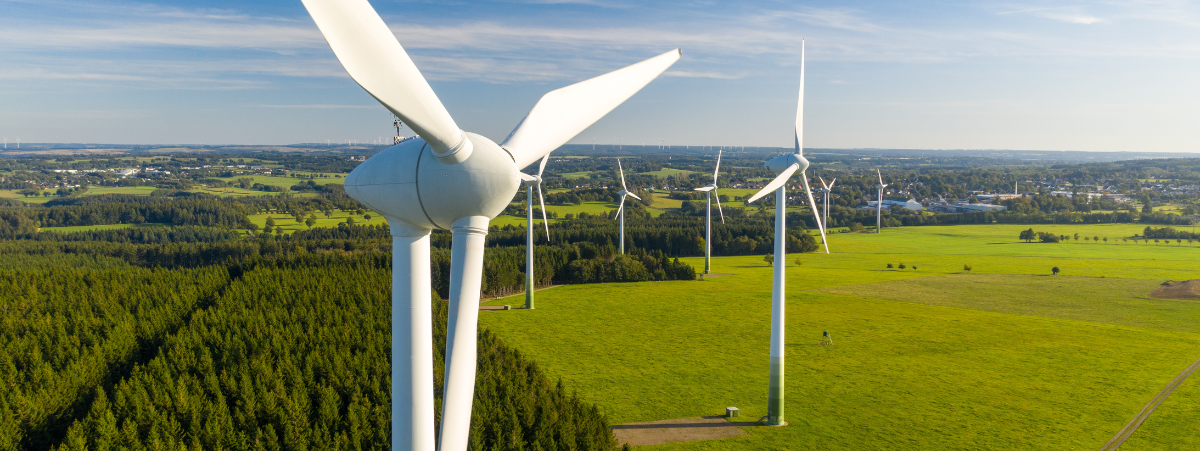U.S. companies cannot wait for regulation to force them to mitigate their impact on the climate. Luckily, many of them have already begun their decarbonization journey.
As the world’s largest economy, the United States has the power and influence to lead the world towards Net Zero, yet it is still lagging far behind others in terms of climate ambition. This August, President Biden signed the Inflation Reduction Act into law, and while this is the most ambitious climate bill ever passed in the U.S, much remains to be done for the country to reach Net Zero.
Public opinion is unanimous: a full 70% of American consumers want corporations to do more against climate change, and 30% already spend more money on products that are better for the environment. Because of this, implementing a Net Zero strategy has become a matter of competitiveness for U.S. companies.
Pledges vs strategies
Currently, about 200 of the largest U.S. corporations have announced climate goals, the majority of which relate to reaching Net Zero emissions by 2050. But not all of them have backed their strategies with a detailed plan and midterm targets. A recent assessment by NewClimate Institute looked at the pledges of five American companies: Amazon, Apple, CVS Health, Google and Walmart. All of them rated poorly on transparency and integrity, except Apple, which earned a reasonable transparency rating and a moderate integrity rating.
In general, climate pledges are judged based on the presence of interim targets, detailed plans, reporting mechanisms and the inclusion of at least part of scope 3 emissions. Of the 200 U.S. companies with climate targets, less than 50 meet those standards. According to the Net Zero Tracker, Workday (tech), Ralph Lauren (fashion), Duke Energy (power) and ExxonMobil (oil and gas) are among the best performers.
Tech leading the pack
Tech companies are the most advanced in the U.S. when it comes to decarbonizing their operations, with Google (and its parent company Alphabet), Apple and Workday, a cloud software company, consistently ranking between the world’s most sustainable companies.
They are making headway thanks to the large-scale adoption of renewable electricity and the use of recycled materials in their products. In 2021, Accenture, GitHub, Microsoft and ThoughtWorks – all American tech companies – launched the Green Software Foundation, whose goal is to set standards and establish best practices for the building of low-carbon software.
How to design an efficient Net Zero strategy
In order to take effective climate action and avoid greenwashing claims, it is crucial that U.S. companies follow best practices in terms of disclosures and target setting. According to NewClimate Institute, best practices include annually disclosing emissions in a clear and understandable format and providing a breakdown of emission sources with historical data for each source.
In terms of target setting, the Institute states that companies should explicitly state that their targets cover all scope 1, 2 and 3 emissions, as well as non-GHG climate impacts where relevant, set a specific emission reduction target that is independent from offsetting claims, and aligned with 1.5°C-compatible trajectories or benchmarks for the sector, and set interim targets aligned with the long-term vision in terms of depth and scope.
ClimateTrade’s free white paper, ‘A Comprehensive Guide to Designing Efficient Net Zero Strategies’ gathers all the best practices from U.S. companies’ decarbonization stragies to deliver a step-by-step guide to Net Zero. Download it now.








